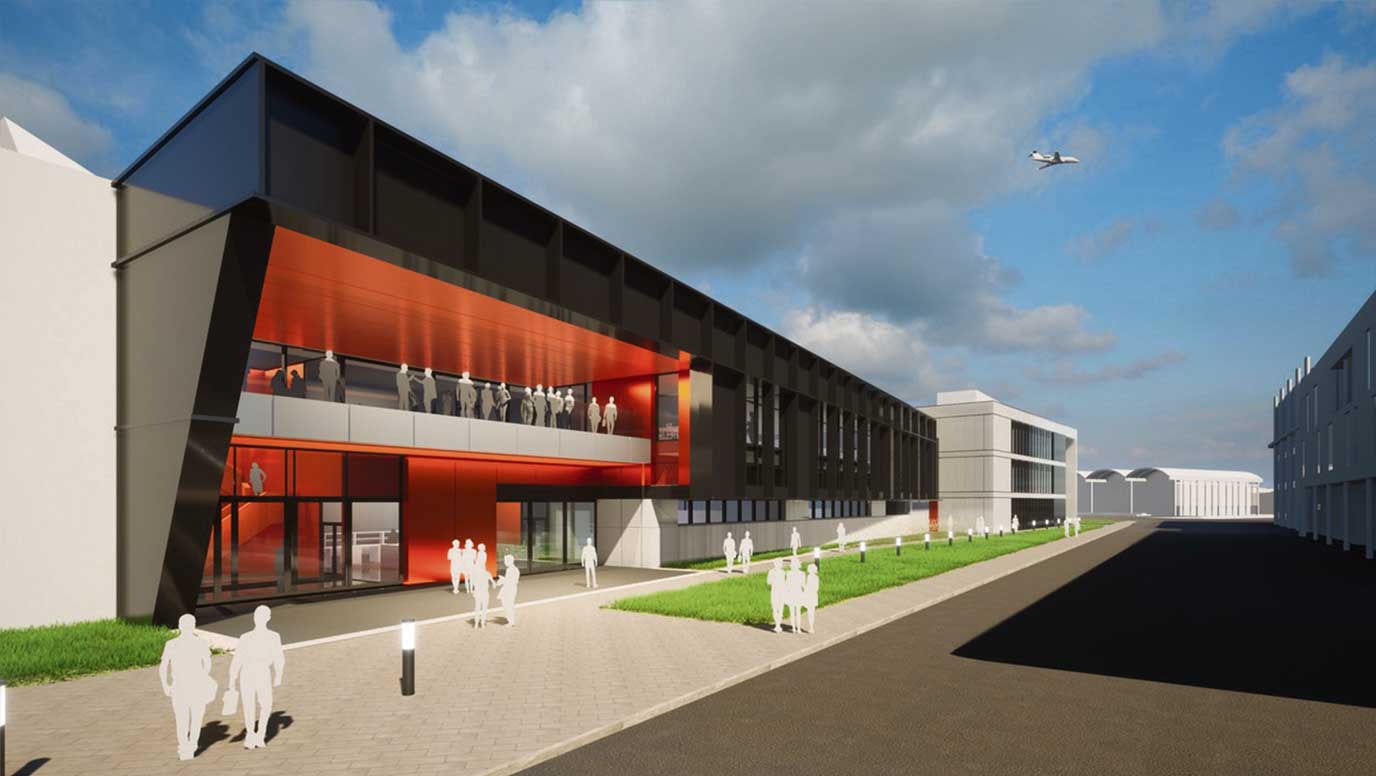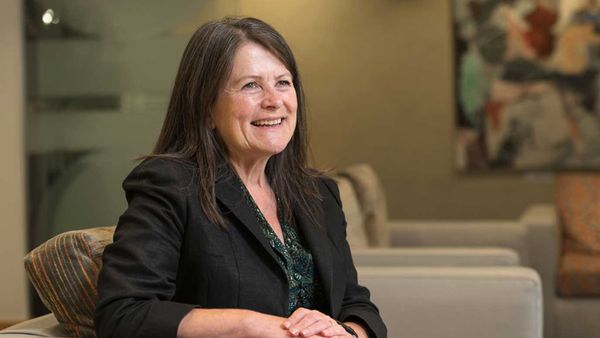£69m boost for hydrogen at Cranfield is University’s largest ever research haul

The highest ever research funding gleaned by Cranfield, it heralds a step change in researching hydrogen’s potential as a net zero aviation fuel. The flagship research facility will unlock technical challenges and scale-up commercially available hydrogen-enabled aviation.
Cranfield says that £23m of the funding comes from Research England’s Research Partnership Investment Fund (UKRPIF) with a further £46m committed from industry partners and academic institutions.
The advent of the new research hub is timely. The demand for air travel is rising, with estimates that UK passenger traffic could increase from 284 million in 2016 to 435 million by 2050.
Unless action is taken, aviation will be the largest source of carbon greenhouse gas emissions by the middle of the century. In this context, the rapid development and scale up of hydrogen-enabled aviation is a critical part of addressing growing demands whist transitioning to cleaner air transport.
With domestic aviation set a target of achieving net zero emissions by 2040 in the UK government’s Jet Zero strategy, CH2i will support the aviation industry to explore how to move towards the use of hydrogen at scale.
Professor Karen Holford, Chief Executive and Vice-Chancellor of Cranfield University said: “This game-changing investment builds on Cranfield’s expertise in hydrogen research and will help the aviation industry make the leap to using hydrogen.
“CH2i will integrate with other large industry research areas at Cranfield including our novel hydrogen production programmes and our Aerospace Integration Research Centre and the Digital Aviation Research and Technology Centre.
“Working with research and industry partners nationally and internationally, we will unlock some of the most significant technical challenges around the future development and deployment of hydrogen in aviation.
“It’s a very exciting prospect for our researchers, partners and for the aviation industry. It will help to build the pathway to net zero emissions aviation.”

CH2i will create a unique ecosystem at Cranfield, connecting the production, integration and use of hydrogen for net zero aviation, proving how the industry can decarbonise rapidly.
The research collaboration, linking into a new Centre for Doctoral Training in Net Zero Aviation at Cranfield, will provide an environment to develop the production technologies, catalysts, materials, structures, storage tanks, aircraft designs and engines that are urgently required to accelerate the adoption of hydrogen in a net zero world.
By developing new laboratories, at scale test facilities and airport infrastructure this project will deliver a transformation in hydrogen technologies.
Bringing together academia, industry, government and regulatory authorities, CH2i’s work will inform policies, services and regulatory practices that are needed to realise regional, national and international economic growth and skills development opportunities.
As the only university in Europe with its own airport, research aircraft and air traffic control facilities, Cranfield has a controlled airside environment which can demonstrate, test and advance new technologies, systems and processes at scale.
CH2i will connect and expand existing facilities at Cranfield, supporting research and development across the whole supply chain from production, storage, transport and usage, through to assessment of the environmental impacts. CH2i will demonstrate where hydrogen can be integrated into both ground operations and as a fuel for aircraft propulsion.
As well as the core building, the funding will provide new equipment, project management and staffing to support the project.
“A key part of this initiative is achieving rapid innovation within a regulated, safety-critical context,” commented Professor Leon A.Terry, Pro-Vice Chancellor for Research and Innovation at Cranfield University.
“Cranfield has existing expertise in the production, storage and use of hydrogen in an industrial context, and a track record of building near-industrial scale facilities.
“This funding heralds a transformation in the hydrogen research trajectory, and our unique expertise and facilities puts Cranfield right at the centre of accelerating hydrogen development in the UK.”
The investment from Research England brings the total funding figure for the RPIF scheme to £1 billion since its inception. Cranfield is one of four universities to receive funding in this round.
Marshall Aerospace is due to relocate from Cambridge to Cranfield by 2030.

